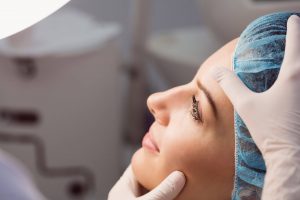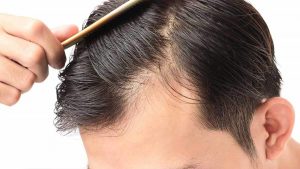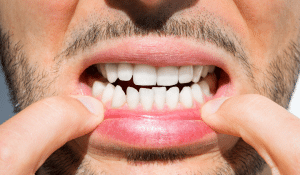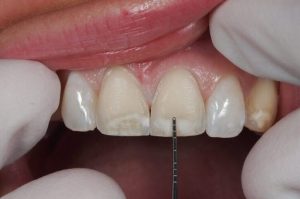A nose job, often known as rhinoplasty, is a common face surgical operation for reshaping the nose. This might be done for cosmetic reasons to produce a more appealing face profile. Moreover, it could be done to enhance breathing or repair injuries or deformities, and many other reasons. The rhinoplasty treatment, like all surgeries, can produce swelling in the tissues of the nose and face, which can take a long time to subside. The degree of edema experienced after rhinoplasty surgery varies based on the patient and the treatment performed.
You will have increased edema around the cheekbones and eye region if your nasal bones are shattered during surgery. You can help to minimize swelling with good post-operative care, which will not only make you feel more comfortable. However, will also allow you to see the effects of your operation sooner.
Use Cold Compressions
After rhinoplasty surgery, cold compresses on the face will feel relaxing because they numb the region and limit blood flow. To produce a cold compress, soak a clean cloth in water and place it in a plastic bag before freezing it for 15 minutes.
You can apply the compress to your skin for up to 20 minutes. However, do not apply it directly to your nose. Because this may exert too much pressure on your nose and cause the cast to get moist. Instead, apply it to your brow or cheeks. To prevent water from running onto the cast, make sure the fabric isn’t too damp. Ice should never be applied to the skin directly since it might disrupt blood flow and cause tissue damage.
Keep Your Head Up High
Excess fluids will drain away from your nose if you keep your head higher than the rest of your body and avoid resting flat. When lying down, stack several pillows on top of each other after rhinoplasty. Furthermore, sleep in a semi-reclined position to minimize fluids accumulating near the operation site overnight. Avoid bending over or engaging in any vigorous activities that can raise your blood pressure.
Remain Hydrated
Drinking plenty of water will assist your body flush out toxins and minimize swelling more rapidly. Drink plenty of water and stay away from caffeinated beverages after rhinoplasty. Keep an eye on your salt consumption as well, since a high-sodium diet can cause fluid retention. Avoid salty snacks and don’t add salt to your diet.
Sneezing, Coughing, Nose Blowing, And Crying Should Be Avoided
All of these things might make your nose enlarge and irritate your sutures, causing them to leak or rupture. To avoid coughing, use a humidifier to keep the air in your room moist. Moreover, stay away from cigarette smoke and other pollutants after rhinoplasty.
Alcohol, Drugs, And Supplements Should Be Avoided
Stop using any vitamins, pills, or prescriptions in the two weeks leading up to your operation. Since they may influence your blood pressure, circulation, and recovery. Anti-inflammatory medicines, such as ibuprofen, should not be used to relieve pain or reduce swelling.
These drugs can potentially make things worse by causing more bleeding and inflammation. Alcohol is a diuretic, which means it can cause you to get dehydrated. It should be avoided until you have fully healed after rhinoplasty and the swelling has subsided.
Take It Slow
Rest and relaxation should be your priority for the first several weeks following surgery. Most of the swelling and bruising should have gone down by this time, so you don’t feel self-conscious about going out. Allow many months after rhinoplasty surgery to ensure that all edema is gone before a significant event, such as a holiday or wedding.
Follow Your Surgeon’s Nasal Taping Instructions
Your doctor will apply splints and surgical tape to the nasal bridge and tip after rhinoplasty surgery to assist reduce swelling and keeping your airways open. When you return to have your sutures removed, these splints will be removed and the tape replaced.
You’ll only have to use the tape at night after around two weeks. Apply the tape as indicated for at least a month following the treatment. However, you may be advised to wear it for longer. Taping your nose every night for a long time may seem inconvenient. It’s necessary to keep up so that your nose heals properly and scarring is minimized.
How Long Will Swelling Last After Rhinoplasty?
The first week following the surgery will see the most edema, which should reduce after around 10 days. Slight swelling from fluid retention, on the other hand, might last for months or even a year following surgery. Because this swelling is extremely modest and unlikely to be observed by others. If you’re not totally satisfied with your nose operation, you should wait up to a year. You should view the ultimate effect before proceeding with any further surgery. You can reach the detailed information from Smile Team Turkey.
You can read our previous article from https://smileteamturkey.com/blog/bleeding-gums-causes-and-solutions/






